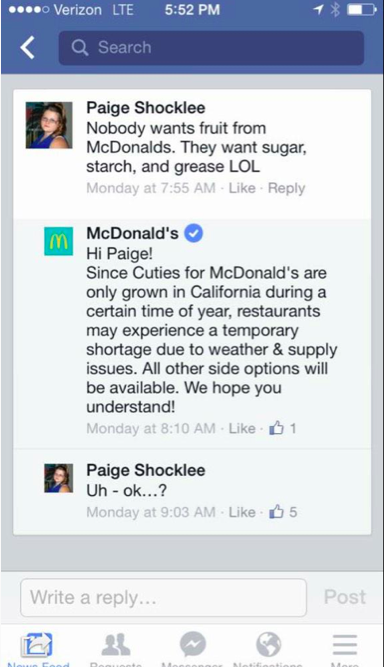Last week, Facebook announced the launch of “Hello,” an app that shows you who’s calling you based on information the caller has shared with you on Facebook.
“Hello connects with Facebook so you can see who’s calling, block unwanted calls, and search for people and places,” writes Debbie Miller on Search Engine Journal. “When you get a call, Hello will show you info about who’s calling you, even if you don’t have that number saved in your phone.”
According to Re/code, the app is currently only available for Android devices and only to users in the United States, Brazil and Nigeria.
In addition, Facebook introduced video calling within the Messenger app, immediately making it a competitor to Skype and other video messaging platforms.
